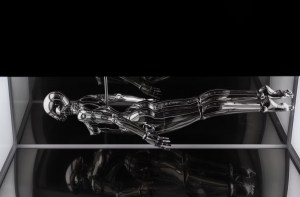9 out of 10 people of all genders have a bias against women, according to the Gender Social Norms Index published by the UN. The research collected data between 2017 and 2022 in 80 countries and compared the results with the same research done a decade ago.
The trend shows that bias against women is as entrenched as it was a decade ago and gender equality progress has gone into reverse. Half of people in 80 countries believe men make better political leaders and 40% believe men are better business executives.
These biases manifest in various aspects of society, including perceptions of leadership. One research looked into the warmth/competence matrix, a tool used to understand the balance between perceived warmth (friendliness, trustworthiness, kindness) and competence (intelligence, efficiency, power) in leaders. Successful women were found to be perceived as cold and selfish, whereas successful men were seen as warm and generous. The researchers found that this negative bias regarding women had a measurable impact on the gender pay gap, as negotiating assertively for salary can be perceived as reducing warmth, leading to lower compensation for women.
Although these results are shocking, there is hope. The UN report also showed that the younger part of the population clearly strives for an equal society. To get there, strategies such as raising awareness of gender biases in the workplace and addressing issues, recognizing women’s economic contributions (also for the unpaid work they do), enacting laws for women’s political participation, and combating stereotypes are needed to achieve this goal.

Author
Kim Pillen











